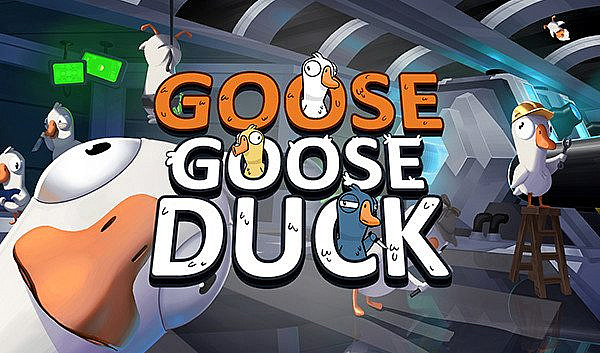A study finds that the players of Alien: Isolation have wide-ranging opinions on the game AI and their over-all player-experiences were broad. Possible factors for the differences of views may be diverging player types and their varying expectations of the Alien as a creature. The study is based on online discussions of the game where the players actively engaged in sharing knowledge, theories, experiences, and evaluations of the game and the AI.
Through analyzing these player exchanges, the author divided them into two groups. Some players were more concerned with the sense of immersion rather than how it is achieved, and they may overlook ambiguous mechanics in favor of the experience. These were labeled as the experientialists. The other group formed the simulationists, they are players who demand reliability and straightforward working principles. Both groups appreciated the Alien’s unpredictability, however, simulationists often felt the AI was unjust and played dirty because the behavior of the Alien implied that it had unnatural abilities the player did not expect. The Alien’s unanticipated behavior stirred up three notable theories within the community: the Alien is telepathically linked to the player, or it can teleport to the player, or it is tied to the player by an invisible tether. The simulationists held a sentiment that the Alien should not have senses or abilities that are non-human, however, some players pointed out that the Alien may have some non-human senses in other Alien media.
The researcher presented that these two player types are also linked to two monster types. A sublime monster is something that is perpetually unknown and untamable, it defies our idea of reason. The other monster type is contained, a monster that is well documented and understood. The experientialists seemed to appreciate the concept of the sublime monster more – it is not meant to be understood. For the simulationist optimizing gameplay is a priority, which leads them to appreciate logic in a monster’s behavior.
The main attraction of the game was the use of intricate AI which makes the Alien an autonomous agent. The article described two types of AI: the hidden background AI, which means the scripts, and algorithms that govern the game environment, and the more visible foreground AI which typically controls non-player characters. The Alien is comprised of both and it is also able to learn and adjust its behavior as the game advances. It was somewhat incomprehensible for the players that Alien is simultaneously an autonomous operator and a part of the environment. This led to the feeling of the cheating Alien.
The simulationist and experientialist player types may be helpful when researching how players view the use of AI in games.
The study was conducted by the assistant professor of Media studies, Jaroslav Švelch, who works at Charles University situated in Prague, Czech Republic. It is a qualitative analysis of internet discussions of the game Alien: Isolation. The focus of the study was on how the players view the AI of the monster. The study also aims to add to the scarce humanistic AI research. The author collected the research material from three sources: Alien: Isolation’s Steam community page, AVPGalaxy – fan-site dedicated to the Alien franchise, and RPGCodex, a forum for role-playing games in general. The discussions were held during the years from 2014 to 2017.
Picture 1: “Intelligence artificielle” by Michel Royon / Wikimedia Commons CC0 1.0 Universal (CC0 1.0) Public Domain Dedication
Picture 2: “Alien Isolation – Screenshot 3” by Community Mag is licensed under CC BY-NC 2.0
Švelch, J. (2020). Should the Monster Play Fair?: Reception of Artificial Intelligence in Alien: Isolation. Game Studies, 20(2).
http://gamestudies.org/2002/articles/jaroslav_svelch
You might also like
More from Game Research Highlights
How do you want to do this? – A look into the therapeutic uses of role-playing games
Can playing RPGs contribute positively to your wellbeing? A recent study aims to find out how RPGs are being used …
Eldritch horrors and tentacles – Defining what “Lovecraftian” is in games
H.P. Lovecrafts legacy lives today in the shared world of Cthulhu Mythos and its iconic monsters. Prema Arasu defines the …
Are Souls Games the Contemporary Myths?
Dom Ford’s Approaching FromSoftware’s Souls Games as Myth reveals the Souls series as a modern mythology where gods fall, desires …
















